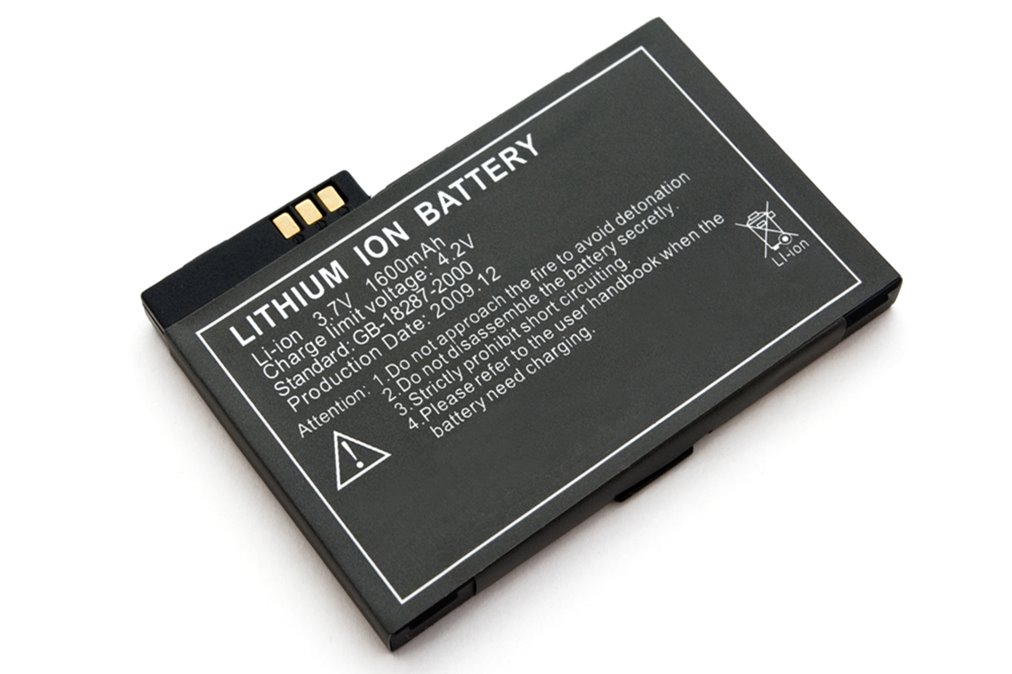Why are Lithium Ion Batteries Ideal for Large Scale UPS Systems? And The 2 Big Challenges They Pose
The UPS system has changed very little in the last four decades. Most of the components used in it remain the same and while they have become more efficient, they haven’t yet reached their full potential. However, there are signs that things are about to change. For several years now, the lead acid battery has been a key component of UPS systems.
Modern energy backup demands require a more efficient and reliable system. There’s much potential in the lithium ion batteries that are commonly used in smart phones and other such devices. They can be utilized in UPS systems and deliver a better, smoother, and more efficient performance.
Benefits of Lithium Ion Batteries
Modern systems have many UPS requirements. People need smaller and lighter UPS units, lower cooling requirements, more energy storage, less maintenance, increased lifespan, and the ability to predict UPS failures accurately. Current UPS systems don’t provide these advantages but Li-Ion batteries might be able to help. We have identified about five benefits of Li-Ion batteries:
#1 Energy and Power Density
Li-Ion batteries deliver more energy and power density at smaller sizes in comparison to the regular lead acid batteries. So, Li-Ion battery systems would take about 1/3 of the space of lead acid batteries and still deliver the same amount of power. This means that you can install smaller and lighter UPS systems on your property, saving valuable space.
#2 Cooling
Smaller batteries won’t heat the system as much as bigger batteries would. This means that the Li-Ion batteries would require less cooling and temperature control than the normal lead acid batteries.
#3 Temperatures
Of course, some temperature control is necessary because high temperatures will have an impact on the lifespan of the battery. However, Li-Ion batteries have a wider temperature range than the lead acid batteries. Lead acid batteries will lose 50% of their life every 10°C rise in temperatures above 25°C. Li-Ion batteries aren’t as susceptible.
#4 Battery-Life Predictions
It’s difficult to gauge the life of a lead acid battery because it relies on chemical reactions and is influenced by the surrounding environment. You won’t experience this problem with lithium ion batteries because they come with battery-monitoring systems. This feature will accurately predict the life left in the battery and warn you about replacements.
#5 Life Expectancy
You can easily expect the Li-Ion batteries to last twice as long as the lead acid batteries. Experts predict that they might last up to 10 years. As lead acid batteries will only last 3 to 5 years, Li-Ion batteries offer considerable savings.
Challenges
Unfortunately, it won’t be easy to adapt lithium ion batteries into UPS systems. There are a few challenges that need to be addressed first.
#1 Type of Battery
UPS batteries need to deliver considerable amount of power in a short time. They should support the entire ICT system until the backup generators are online. It would be a challenge to find or create a lithium ion battery that’s capable of this.
#2 Total Cost of Ownership
Most businesses and organisations are concerned with the total cost of ownership. Li-Ion batteries already offer considerable benefit on that front because they can last twice as long. The question is whether the cost of ownership would justify the expense required to replace the entire UPS system.
If you want to know more about benefits of Lithium Ion Batteries or our custom power products and services, don’t hesitate to contact us at KaRaTec Power Supply Pty. You can give us a call at 612 9808 1127. You can also fill in this contact us form and we’ll reply as soon as possible.
Thanks for reading,
Karatec Power Supply Pty
612 9808 1127






